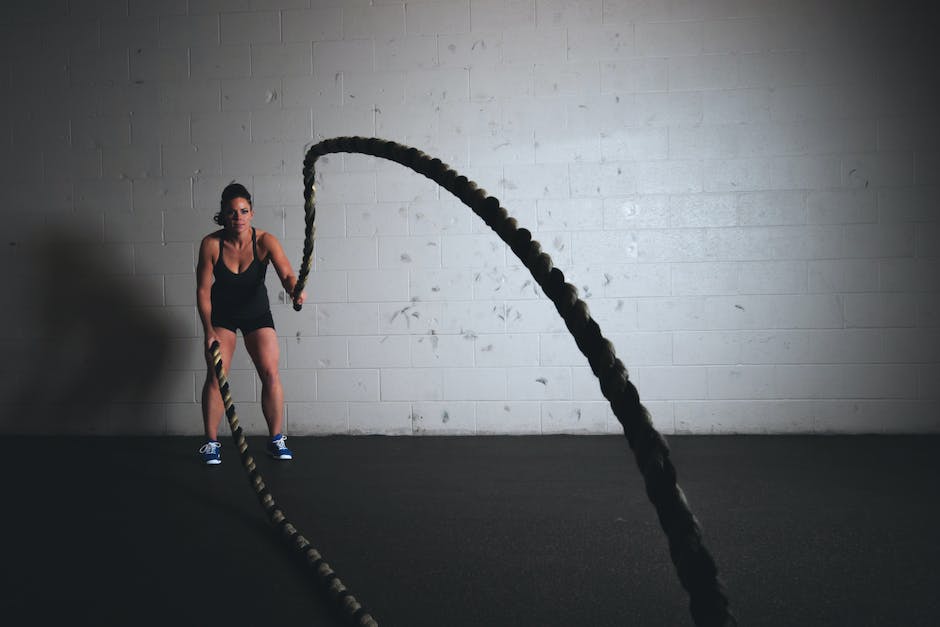Introduction to Vitamins for Sports
Vitamins are essential nutrients that help to keep the body healthy and functioning. For athletes, vitamins can be particularly important as they can provide energy, support muscle growth, and help with recovery after intense workouts. Understanding which vitamins are beneficial for sports performance can help athletes get the best results from their training.
The B-group vitamins are known to be important for athletes because they assist in converting food into energy. B1 (thiamine) helps to produce energy from carbohydrates, while B2 (riboflavin), B3 (niacin) and B6 (pyridoxine) all work together in converting proteins into energy. Supplementing your diet with these vitamins may also reduce fatigue during physical activity and enhance muscle growth.
Benefits of Vitamins for Athletes
Vitamins are essential nutrients that play an important role in keeping athletes healthy and performing optimally. Vitamins can help provide athletes with the energy they need to perform at their best, as well as helping them to recover faster from intense training sessions. Vitamin B12 is particularly beneficial for athletes, as it helps the body create red blood cells which carry oxygen around the body and increase endurance.
It also helps convert food into energy more efficiently, allowing athletes to have more energy during workouts. Vitamin C is important for repairing damaged tissues caused by exercise, while vitamin E has been shown to protect muscle cells from damage caused by free radicals. Vitamins D and K2 are both important for strong bones and muscles – a key factor in any athlete’s performance.
Various B-complex vitamins help your body produce energy from carbohydrates and proteins while also aiding in repair following exercise sessions.
Types of Vitamins for Optimal Performance
Vitamins are essential for optimal performance and overall health. There are several types of vitamins that should be incorporated into a healthy diet in order to maintain strong physical and mental performance. Vitamins A, C, D, and B complex are especially important for optimal performance as they help the body to function properly and factors to consider when choosing a multivitamin tablet efficiently.
Vitamin A helps to promote vision and skin health; Vitamin C is an antioxidant that keeps cells protected from damage; Vitamin D helps with calcium absorption; and B-vitamins aid in energy production, metabolism regulation, nerve function, red blood cell formation, digestion, immunity system support, muscle growth and maintenance. There are other vitamins such as E, K2/MK7 which can also be beneficial to overall health if taken in the right amount.
Tips for Best Vitamin Intake for Sports
Vitamins are essential for athletes to sustain their performance and overall health. Here are some tips for making sure you get the best vitamin intake for your sport:
- Eat a balanced diet: Eating a variety of foods from the five food groups (fruits, vegetables, grains, proteins, and dairy) will ensure that you are getting all of the vitamins and minerals that your body needs to stay healthy and perform at its best.
- Take a daily multivitamin: Taking a daily multivitamin can help you bridge any gaps in nutrition in case you don’t get enough vitamins from food sources alone. Make sure to choose one with 100 percent of your recommended daily value (RDV) or more of each vitamin and mineral listed on the label.
What are the benefits of taking vitamins for sports performance?
Taking vitamins can be beneficial for sports performance in many ways. Vitamins help to improve physical strength and endurance, as well as provide essential nutrients for muscle growth and repair. Vitamins also support the immune system which is important in helping to prevent illness or injury during physical activity. Some vitamins are known to reduce inflammation which can help athletes recover faster from exercise-induced injuries. Certain vitamins may even increase stamina and reduce fatigue during intense physical activity.
Are there any potential risks associated with taking vitamin supplements for sports?
Yes, there are potential risks associated with taking vitamin supplements for sports. Taking too much of certain vitamins can lead to an overdose, which can have serious side effects such as nausea, vomiting, and headaches. Some vitamins may interact with medications that you are taking or other dietary supplements you might be consuming. Therefore it is important to consult your doctor before taking any type of vitamin supplement for sports.
Are there particular vitamins that are especially important for athletes to take?
Yes, athletes should make sure to get enough of the B vitamins, as they help the body convert carbohydrates into energy. Vitamin C is important for helping repair tissue damage that can occur during intense workouts.
